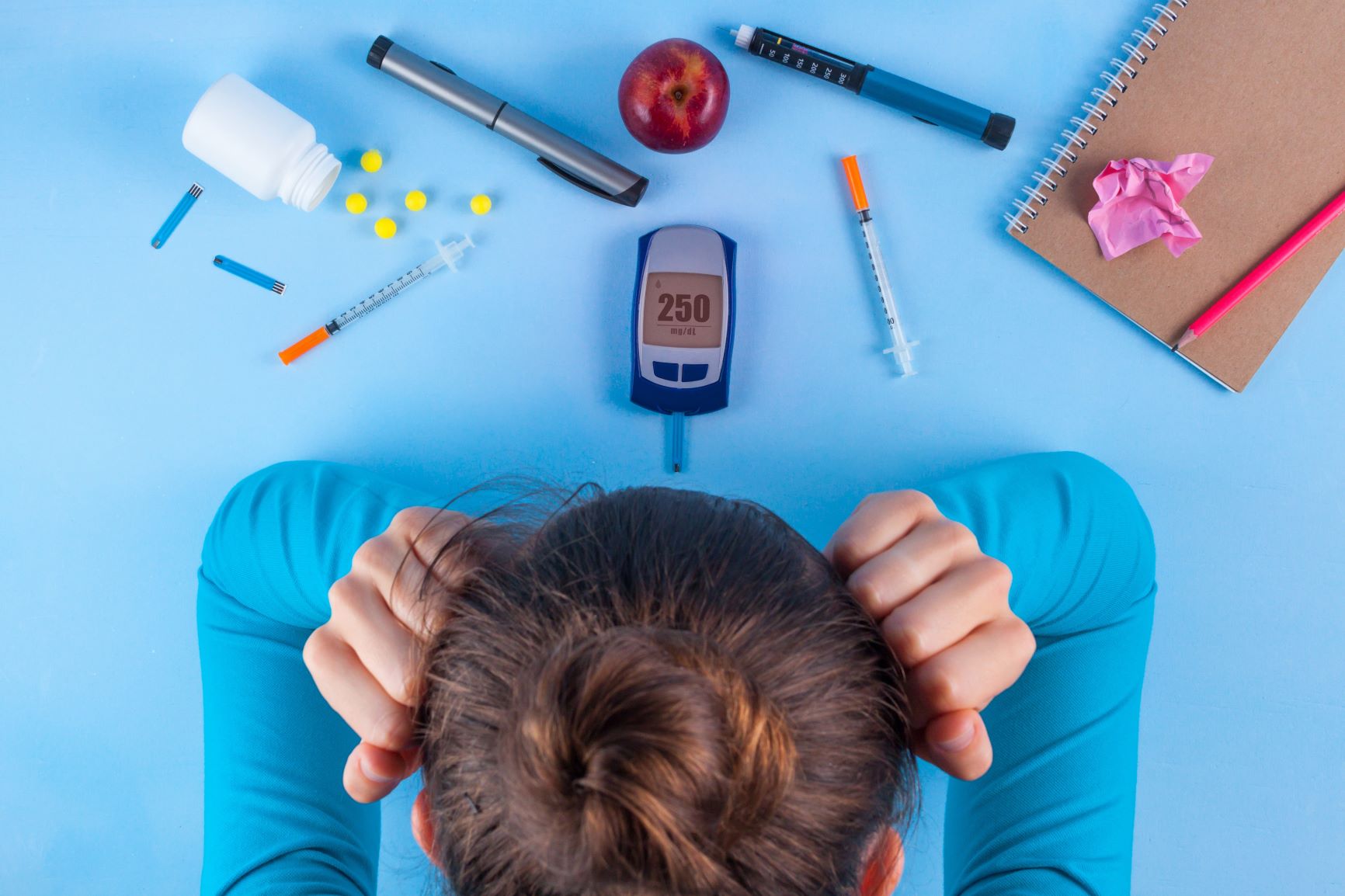Vince Yankowski joined Inspira's Diabetes Self-Management Program and Diabetes Support Group, where...
Read More

Symptoms of type 2 diabetes appear slowly, which makes it a difficult condition to diagnose early. More than 7 million people in the U.S. are unknowingly living with diabetes. Avoiding complications from diabetes takes disciplined monitoring of blood glucose levels and a healthy routine of eating right and regularly. Type 2 diabetes left uncontrolled with no treatment plan can cause serious short- and long-term health problems.
Symptoms can be slow to appear, sometimes taking many years to set off any red flags. That’s why it’s important to take preventive measures like maintaining a healthy weight and improving dietary habits to lower your risk for developing the disease. Also, visit your primary care provider at least annually for a routine exam and screening if necessary.
The consequences of uncontrolled levels of blood sugar due to type 2 diabetes may include:
Short-term Complications
Hypoglycemia: Blood sugar, or glucose, is your body’s main energy source. Hypoglycemia is a condition caused when your blood sugar reaches a low level. Not correctly taking diabetes medications can cause levels to become too low. Symptoms of hypoglycemia include an irregular heart rhythm, fatigue, pale skin, shakiness and anxiety. People experiencing severe hypoglycemia can appear like they’re intoxicated. They may have trouble speaking and move about clumsily.
Hyperglycemia: The opposite of hypoglycemia is hyperglycemia, which is the technical term for when the body’s glucose levels are too high. Short-term complications include frequent urination, increased thirst, blurred vision, fatigue and headache. Keeping tight control of your blood sugar is one of the most important things a diabetic patient needs to do to avoid more serious complications from developing.
Kidney disease (nephropathy): Untreated hyperglycemia over time can increase the strain on your kidneys enough to lead to kidney disease. Symptoms of late-stage kidney disease include loss of sleep, loss of appetite, upset stomach, weakness or trouble concentrating. If the kidney damage progresses enough, you may require dialysis treatments or a kidney transplant.
Eye damage: Glaucoma, cataracts or retinopathy can occur over time for people with diabetes not following their recommended treatment plan. Any three of these conditions can progress to vision loss if left untreated. Patients with type 2 diabetes should get regular eye exams and immediately make an appointment with their eye doctor if they notice changes in their vision.
Heart disease: Diabetes, especially uncontrolled blood sugar, can affect the blood vessels in your heart. Symptoms of heart disease may by fatigue, irregular heart rate, chest pain, and shortness of breath. Heart disease can lead to a heart attack.
Nerve Damage or Neuropathy: Uncontrolled blood sugar can cause nerve damage which can change your sensation or cause loss of feeling in parts of your body. If this occurs in your feet, then this may affect your ability to detect a sore on the bottom of your feet. This sore can become infected and lead to amputation of the foot.
If you’ve already received a type 2 diabetes diagnosis, it’s important you implement healthy lifestyle choices and follow your treatment plan to prevent complications. If you aren’t diagnosed but believe you may be at a high risk for developing type 2 diabetes or have pre-diabetes, talk with your doctor about how you can slow or halt the progression of the disease.
Schedule an appointment with your primary care physician to discuss your risks 1-800-INSPIRA.

Vince Yankowski joined Inspira's Diabetes Self-Management Program and Diabetes Support Group, where...
Read More
Managing diabetes involves more than blood sugar control—it also requires diligent wound care to...
Read More
Discover the lesser-known type 1.5 diabetes, often misdiagnosed as type 2, and learn how to...
Read More